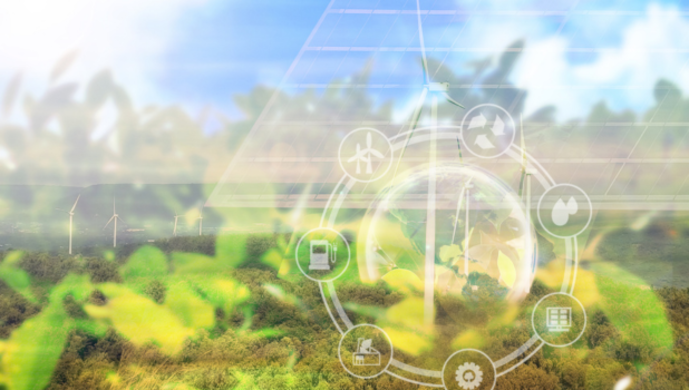Scholars at HEC Paris, in our different academic departments, institutes and research centers can make a significant contribution to accelerating the transition.
For example, they can provide invaluable insights into strategies for attracting investment to support the transition towards renewable energy sources. By examining financial mechanisms, risk assessments, and investment incentives, research can facilitate the flow of capital towards sustainable energy projects, thereby accelerating the shift away from fossil fuels.
By the same token, the results of studies on consumer behavior can help policy makers design better regulatory frameworks and incentive schemes that take into account the attitudes and actual behaviors of economic agents and the strategic interplay among actors.
Research in operations and supply chain management can contribute to the transition, too, for instance, by devising models to optimize supply chain operations for the production and distribution of renewable energies or to deploy closed-loop supply chains to foster circularity and reduce waste.
Perhaps the biggest contribution can come from research on Artificial Intelligence (AI) and entrepreneurship. AI plays a transformative role in accelerating the sustainability transition. It optimizes renewable energy integration, enables smart energy management, facilitates demand-side interventions, optimizes infrastructure planning, and accelerates innovation. Startups can replace big businesses in providing solutions to sustainability challenges by driving innovation, developing disruptive technologies, and catalyzing systemic change across industries. By challenging incumbents and introducing disruptive business models that prioritize sustainability and social impact, startups can contribute to the emergence of a more resilient, low-carbon economy, paving the way for a sustainable future.
While a lot of work is dedicated to studying how to accelerate the transition to a more sustainable world, understanding the consequences of such a transition is equally important.
While a lot of work is dedicated to studying how to accelerate the transition to a more sustainable world, understanding the consequences of such a transition is equally important. The energy transition will reshape the competitive landscape across various sectors, posing challenges and opportunities for firms. Management research can evaluate the implications of sustainability initiatives on firm competitiveness, exploring strategies for adaptation, innovation, and market positioning in a low-carbon economy.
Similarly, the energy and environmental transition can pose social and societal challenges, requiring the reskilling of workers and producing asymmetries in the allocation of resources.
In essence, management research serves as a compass guiding private and public strategies for the sustainable transition and evaluating their impacts. Management scholars can illuminate pathways toward a more sustainable future by addressing investment dynamics, optimizing supply chains, assessing competitive impacts, anticipating societal shifts, and informing policy makers.








